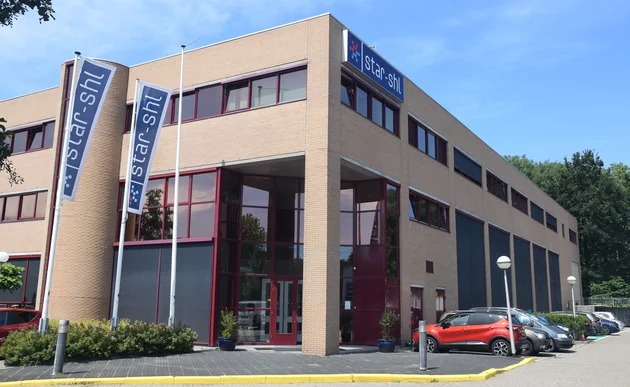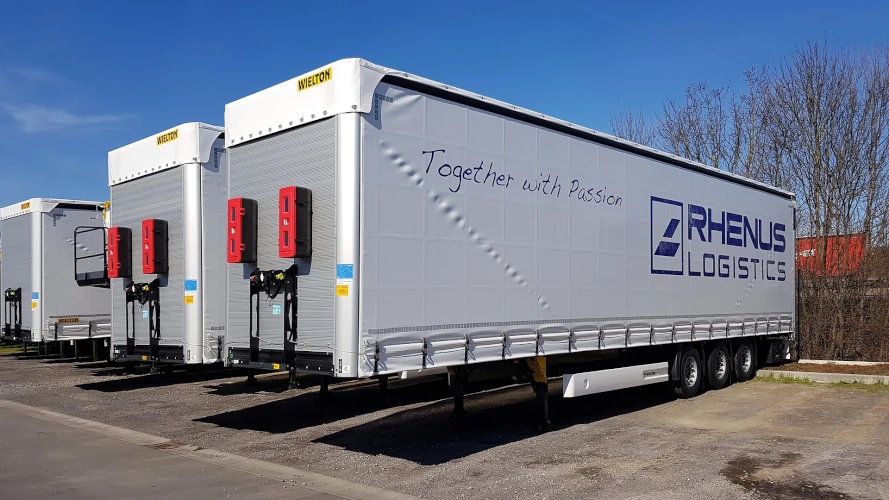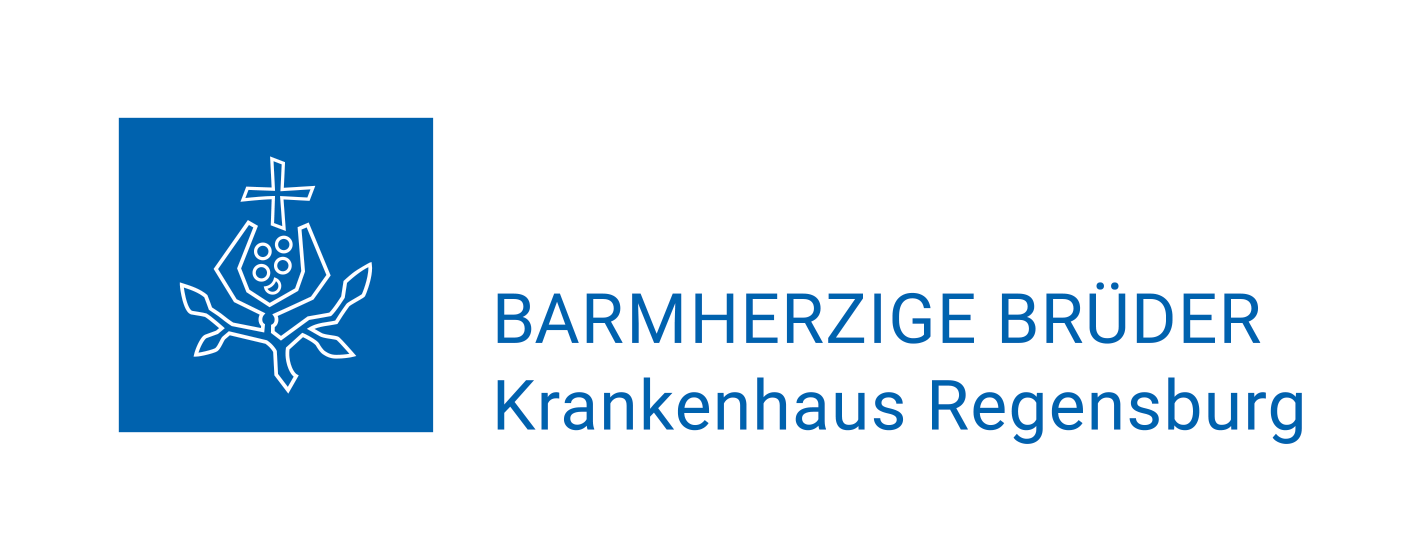IT (r)evolution at BEIT

The automation of a grown, heterogeneous infrastructure
An IT infrastructure that had grown over decades was to be modernized and simplified – without interruptions or costly consulting projects. They had only reasonable manpower but with the right expertise in-house, BEIT automated complex tasks and significantly reduced the workload for their second-level support team. With the help of ScriptRunner, BEIT was able to make a decisive leap forward and bring the IT administration of MERKUR GROUP onto the path to a modern, automated future. During ongoing operations, BEIT continues the journey. The next step will be the connection to the new identity and access management system.BEIT values ScriptRunner as a flexible automation platform that can be perfectly tailored to customer requirements and is therefore an indispensable part of a modern automation strategy.
About the company

Germany

Entertainment

Entertainment

User Management

>15.000 employees
Ecosystem

Active Directory
.svg)
Exchange
Achievements
Achievements
- Satisfied management: Increasing complexity in IT operations is managed more securely and with better quality – without higher personnel costs.
- Important intermediate step: Simplification of recurring tasks and processes.
- During operation: No upheavals, but constant implementation of use cases and gradual expansion of automation possible.
- End-to-end automation: ScriptRunner becomes a platform for company-wide automation by connecting to third-party systems such as the IAM system.
- User lifecycle project is a lighthouse example towards modern, automated IT administration.

“3,000 users could still be managed manually – but we've already more than doubled that and are aiming for 10,000. We are achieving this thanks to our sophisticated automation solution.”

Mathias Tegeler
Head of Distributed Systems

Company
BEIT GmbH is a full-service provider for IT solutions within the MERKUR GROUP, a family-run, internationally active group of companies in the entertainment and leisure industry. Since its beginnings as a one-man operation in 1957, the number of employees has grown to around 15,000 through organic growth and acquisitions – with a correspondingly heterogeneous, evolved IT system landscape.
Challenge
Modernization of a grown IT infrastructure
BEIT was faced with the typical challenges of a heterogeneous IT infrastructure. The goal was to modernize the system landscape and simplify IT administration. One step, for example, was the switch from Lotus Notes to Exchange. This brought the topic of PowerShell into focus. Scripts have been written for tasks that some would probably call "punitive work" – a step towards full automation of routine tasks. In addition to modernizing and future proofing, another goal was coping with increasing complexity.
Simplification of recurring tasks
While the BEIT team initially administered around 3,000 user accounts, the number quickly more than doubled and could no longer be managed manually. From a management perspective, there were two options to deal with this growth: Hire more people or reduce the workload sustainably through automation. Scripting helps to automate routines, but Mathias Tegeler, Head of Distributed Systems, was aware that he could not get every employee enthusiastic about PowerShell. What to do? He needed an automation solution that would allow complex tasks to be safely automated and delegated so that even employees with little or no PowerShell knowledge could perform these tasks safely.
Solution
Step one: Automate complex tasks
As a manager, Mathias Tegeler knows how important it is to get all team members on board. He is aware that not all IT-savvy colleagues have a passion for scripting. They don't have to – scripting is done by the PowerShell professionals in the team, who really enjoy scripting. Ideas come from across the company and the use cases are implemented one by one.
This means that BEIT holds an online meeting every two weeks to discuss which use cases have already been implemented and which ideas are still in the pipeline. Their automation ideas are then documented in Confluence. Those who provide the initial ideas and those who eventually work with them do not have to worry about scripting.
"For me, it's important to keep at it and encourage my colleagues not to solve tasks manually as usual, but to turn them into actions," says Mathias Tegeler, who also sees his role as a manager in establishing ScriptRunner as the first choice for everyone. He keeps automation on everybody's agenda.
User management – first big success
BEIT has saved a lot of time in user management automation. Of course, individual scripts had already been used for some time to handle recurring tasks. But by combining several ScriptRunner actions (consisting of scripts, targets, and queries), the entire onboarding process has been accelerated and simplified. Now, thanks to ScriptRunner, people with little to no PowerShell knowledge can create users without having to be given high administrative rights: Name? Entry date? Home directory? Terminal server profile? VPN certificate? There are still a few input fields and checkboxes to tick, the rest runs automated and secure. Mathias Tegeler remembers: "We never expected it to work so easily – at the touch of a button! It's a significant improvement that saves a lot of time and delivers consistently high-quality results."
Simplifying the recurring processes is an important interim step for the company. In the future, every user will receive a central, unique ID. In parallel to expanding ScriptRunner, BEIT is implementing an identity and access management system (IAM). This brings the automation of the entire user lifecycle closer.

“We started with single use cases. That's our foundation, which we are now continuously scaling up and developing further. ScriptRunner is becoming our automation platform that automates entire processes across different systems.”

Mathias Tegeler
Head of Distributed Systems

Step two: Delegate tasks
Once a task has been automated, it can be made available to second-level support. Mathias Tegeler is satisfied: "We give more people the opportunity to perform tasks that actually only work with scripts." User satisfaction is increasing as tickets are now processed much faster.
User management, certificate management, terminal server profiles, group memberships – all automated routine tasks that only need to be triggered and no longer need to be processed manually noticeably reduce the workload of second-level support, giving them more time to solve tricky cases. The company sees even more potential here and is continuously implementing use cases.
Step three: Integrate the IAM system
ScriptRunner has not yet been connected to other systems. However, Mathias Tegeler has recognized the potential of the web service connectors and REST API – his vision: "As soon as we have set up an IAM system, we can of course use the existing modules. The next step is automation with data that comes from the identity management system."
Results
Thanks to ScriptRunner's user-friendly GUI, even people without scripting knowledge can enter master data and run complex IT tasks automatically using checkboxes. Second-level support is noticeably relieved. Thanks to ScriptRunner, the increasing complexity of IT administration in a growing group of companies can be managed without increasing staff requirements.



Impact & Results
Thanks to ScriptRunner's user-friendly GUI, even people without scripting knowledge can enter master data and run complex IT tasks automatically using checkboxes. Second-level support is noticeably relieved. Thanks to ScriptRunner, the increasing complexity of IT administration in a growing group of companies can be managed without increasing staff requirements.
Conclusion
IT Automation as the Foundation for Sustainable Efficiency
Dehner’s automation of IT processes demonstrates that efficient IT operations reduce costs and make the entire organization more agile, secure, and innovation-driven.
The three key takeaways from the implementation:
- Strategic IT automation boosts efficiency and improves compliance and IT security.
- The IT department is relieved of manual processes and can focus more on digital innovation projects.
- Dehner embraces automation as a technical solution and a company-wide concept that enhances scalability and strategic planning over the long term.
Due to the success of the measures taken so far, automation will be extended to other areas of the company in the future. The IT department will increasingly focus on cross-process digitalization and intelligent workflows to make the company even more efficient.
.svg)



.svg)





















.svg)
